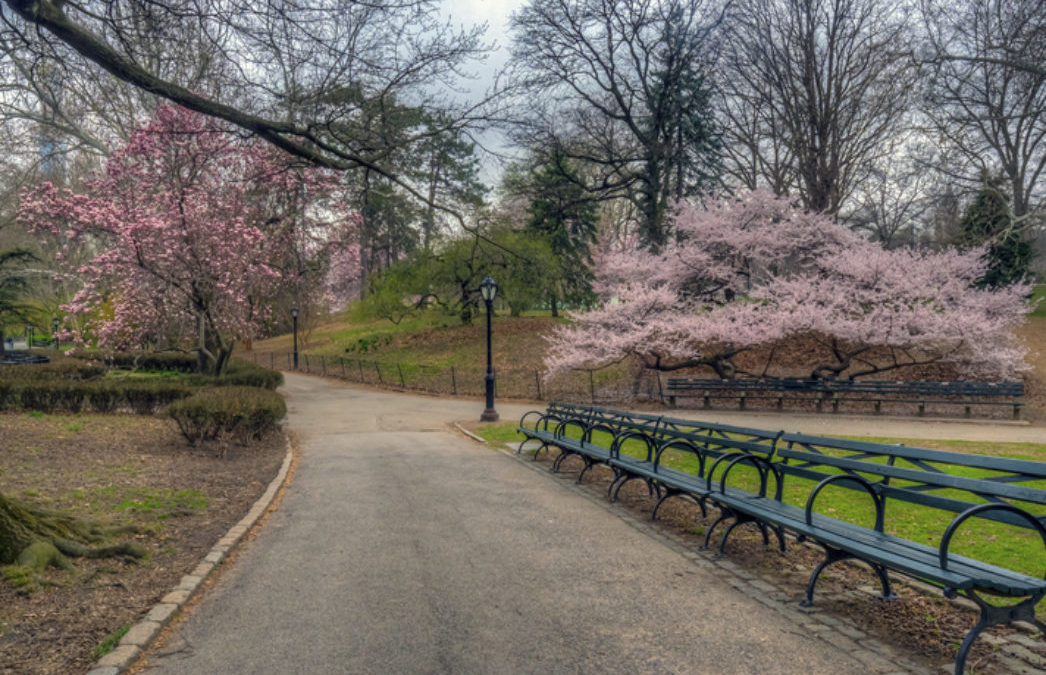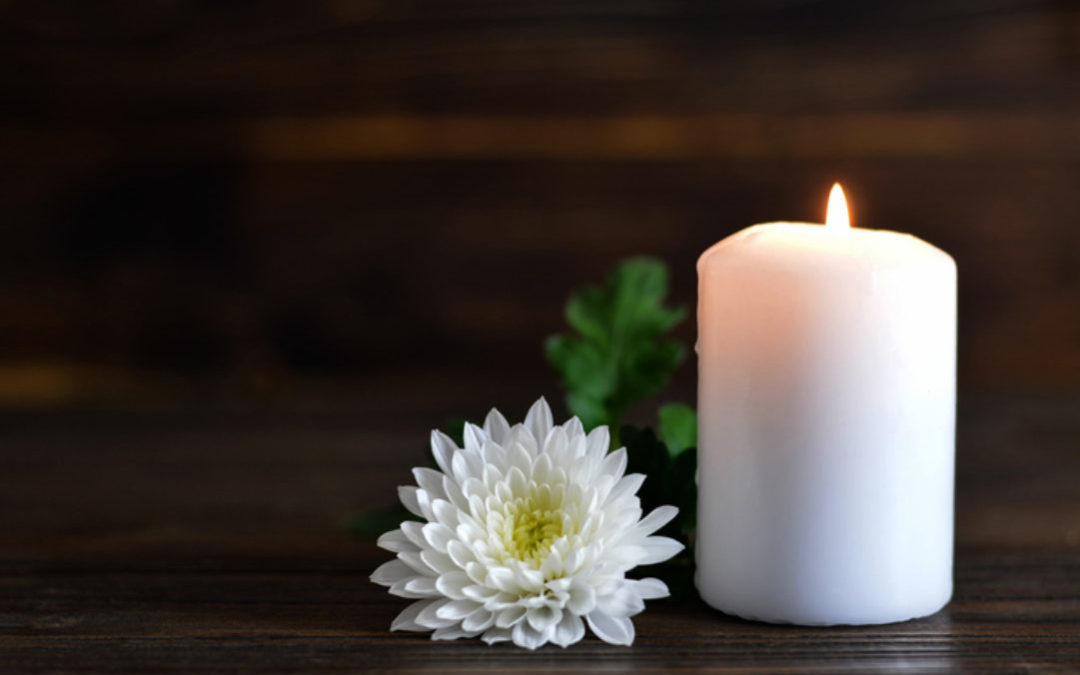“It’s not what you look at that matters, it’s what you see.” – Henry David Thoreau
On this day, I’m seated in a van on Mexico’s highway #307 on the last leg of my travel to a solo retreat in Tulum Mexico. Admiring the palm trees, I’m excited to have swapped a dreary urban winter for what I expect will be a relaxing week in a thatch-roofed hut on the beach with no internet and limited electricity.
I’m unaware that this break will lead to several significant revelations well worth two connecting flights and two-hour car ride from Cancun. https://spiritualityhealth.com/articles/2019/06/21/a-mountain-pose-that-claimed-my-career
By the time I settle into my hut, it’s late. With the windows open to the beach breeze, I’m happily lulled to sleep by the meditative sound of the Caribbean Sea.
Only several hours later, a feeling of terror and my own screams awaken me. I realize that I was having a nightmare.
My Nightmare
I’m back in New York City walking in front of Grand Central Terminal at the corner of 42nd Street and Vanderbilt Avenue. Smartly dressed, I’m carrying a designer handbag and what I refer to as my “annex” bag.
When you are navigating a busy life in a walking city, a handbag isn’t typically large enough to accommodate everything you need. I put any overflow into a small, neat looking bag I came to think of as my annex bag. It’s small and subtle enough not to overpower a professional outfit. In this dream I have one, and it’s filled with a notebook, reading that I need to do, and various personal matters that I need to tend to.
I wonder if anything urgent has come up at the office and realize that I should check my email. After placing both my handbag and annex bag down at my feet, I proceed to pull out my IPhone. I’m not present.
Suddenly, a teenager dressed in military fatigues and a face mask scurries by, grabs my annex bag, and dashes inside Grand Central Terminal with it.
How dare this punk steal my bag!
My flight-or-fight system kicks in, and my heart is racing. Confident that I can catch this thug, I run after him yelling, “Help! Help! Stop him — he stole my bag!”
Grand Central Terminal is filled with people, yet no one seems to see me nor hear my cries for help.
With the strides of a kangaroo, the thief sprints past the clock tower in the lobby of the Terminal and races towards the escalators headed to Forty-fifth Street. I continue to pursue him.
Realizations
As I reach the escalator out of breath, he’s skipping steps and already mid-way up. I realize that he has too much of a lead on me. I’ll never be able to overtake him dressed in my suit and fashion boots. I feel a sense of loss and defeat.
At this moment, I wake up screaming. The nightmare is so emotional and vivid that I know it contains a message for me. Annoyed that I don’t get it, it takes me forever to go back to sleep. The next morning, still groggy, I dissect every detail of it.
I still had my handbag, which contained everything essential to my life. So what was I chasing after?
My annex bag contained only inconsequential, but necessary, tasks. Let’s call them trivialities of modern life. Nothing in that bag would require me to chase it down — except my belief system.
I realize that I’ve been conditioned to believe that if something is taken away from me, I should run after it. This could be material objects, relationships, jobs, positions, paradigms, and even inconsequential tasks. An unhealthy sense of attachment clouds our reactions. We react before considering the bigger picture.
Revelations
In the light of day, I am able to see that this wasn’t a nightmare about having something stolen from me. Rather, it was a dream about having my burdens taken away!
Some places on our planet have a higher energy field than others. In these locations, our own electromagnetic field is more amplified by the energy of the nature. These magnifications allow us to cleanse, transform, or activate our lives so that we can live in our fullest potential. Tulum is one of these places.
I realized that prior to this trip, my subconscious mind had been processing something that my conscious mind hadn’t been ready to face. But the energy of Tulum brought it forth, revealing it to me through this dream. Now I could see it.
I had been feeling overburdened. My position as a senior executive was demanding and my support staff was minimal at the time. In addition, I was single, self-supporting, and attending to aging parents while doing my best to fit in dating and trying to remain healthy, fit, and vibrant. Life had become comprised of all work with little to no play. I had always required a fair degree of play.
In fact, if the extra burdens of my annex had been taken away, I would feel fabulous! Yet, I perceived that I was robbed rather than gifted. Suddenly, in the light of a Tulum morning, I could clearly see that I didn’t need to chase the annex bag and all those extra tasks and work. I could reframe and recognize that it would be a blessing to lose some things that I’d been clinging to.
Be mindful of your perspective because your perception creates your reality.
Is it a nightmare or a dream?
You choose.
Some of the most meaningful work I do with clients occurs when we explore how their perspectives may be restricting them. To book a private session with me in order to explore your lens and how you may be able to expand it, please go to Contact Me! on the right sidebar or below (depending on your device).




